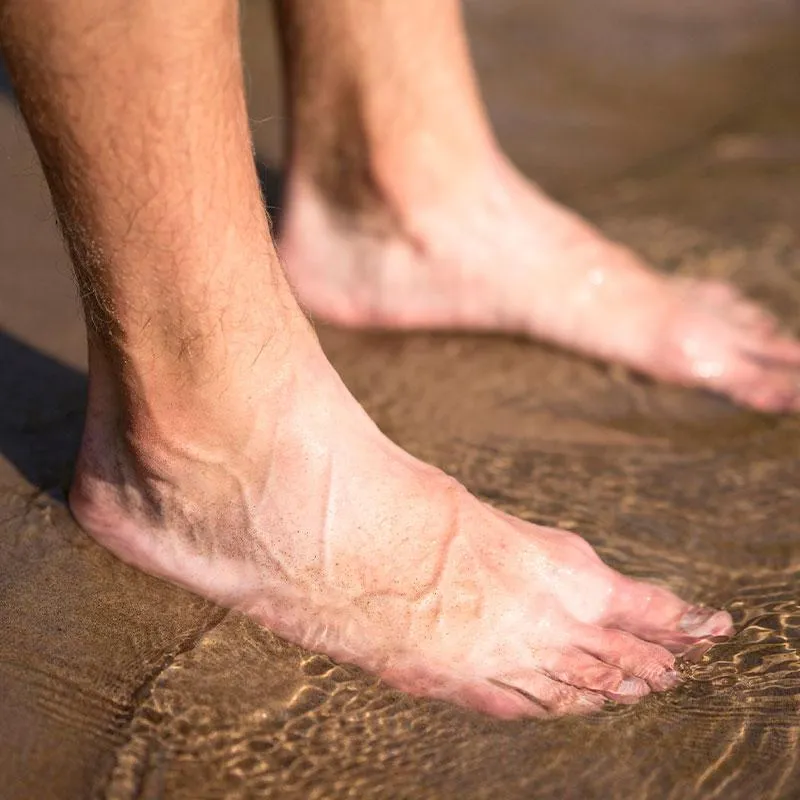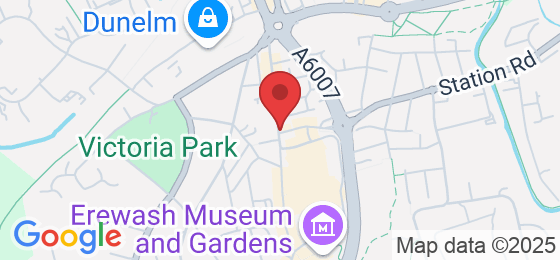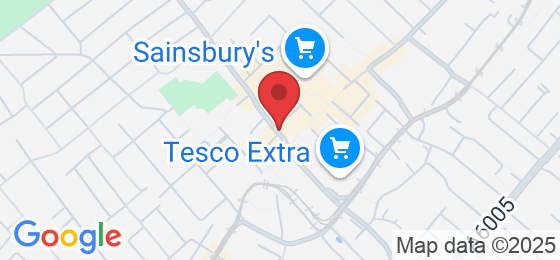
Corns Uncovered: Navigating Pain and Finding Relief
Corns Uncovered: Navigating Pain and Finding Relief
Walking, a simple pleasure for many, can become a source of relentless discomfort for those plagued by corns. These small, yet painfully intrusive, areas of hardened skin on the feet do not discriminate, turning each step into a challenge. But what transforms a part of your foot into this source of agony? And more importantly, how can you reclaim the comfort stolen by these unwelcome intruders? Let's embark on a journey to uncover the lifecycle of a corn, shedding light on their formation, the pain they bring, and the beacon of hope offered by professional treatment options.
Understanding Corns: The Basics
Corns are more than just minor annoyances; they're your skin's reaction to pressure, forming hardened layers to protect itself against constant friction. Typically manifesting on the toes, balls of the feet, or even between toes, they appear as hard, yellowed patches, often surrounded by inflamed, tender skin. While they share the stage with calluses, corns are notorious for their deep-seated pain, making even the softest touch unbearable.
Why Corns Cause Pain: The Science Explained
At their core, corns are battles between your skin and the forces exerted upon it. When your footwear doesn't quite fit, or your gait shifts pressure unnaturally, your skin fortifies itself, creating these concentrated, hardened areas. The pain arises not just from the pressure against the skin, but from the corn pressing down into deeper layers, nudging against nerves with every step you take, turning walking into an ordeal.
Common Causes and Risk Factors
The culprits behind corn formation are often found in our daily choices and inherent foot structures. Ill-fitting shoes, a love affair with high heels, or the anatomical challenge of hammer toes can all conspire against your foot's comfort, leading to corn development. Recognising these risk factors is the first step towards mitigating their impact, guiding you towards footwear and habits that favour foot health.
Prevention Strategies: Keeping Corns at Bay
Prevention is a blend of awareness and action. Opting for well-fitting, supportive shoes, and embracing foot care routines can significantly reduce the risk of corn formation. Regularly moisturising, choosing socks that minimise friction, and opting for custom orthotics if necessary, can also play a crucial role in keeping your feet happy and corn-free.
Home Remedies and When to See a Podiatrist
While home remedies, like soaking your feet and gentle exfoliation, can offer temporary relief, they don't address the root cause. When corns persist, causing daily pain and impacting your quality of life, it's time to consult a podiatrist. This step is crucial not just for relief, but for preventing potential complications, especially for those with underlying health conditions like diabetes.
Advanced Treatment Options: How a Podiatrist Can Help
A podiatrist doesn't just see a corn; they see the person it affects. Through a combination of cutting-edge treatments, including debridement and bespoke orthotics, they offer a pathway to lasting relief. For those seeking an alternative to traditional methods, treatments like Curacorn® promise a future where foot pain is a distant memory, showcasing the transformative potential of specialised podiatric care.
Conclusion:

Corns, despite their small size, have a profound impact on one's daily life and foot health. Understanding their lifecycle from formation to treatment opens the door to effective solutions and the restoration of comfort. In the hands of a skilled podiatrist, the journey from pain to relief is not just possible; it's a pathway paved with expertise, care, and innovative treatment options. Embrace the journey towards foot health, and let your steps be guided by comfort and freedom from pain.

We Fix Feet
We Fix Feet - Podiatry & Foot Healthcare clinics - Ilkeston, Derbyshire & Beeston, Nottinghamshire
Ask The We Fix Feet Team
Fill in the form to request a Call From Our Team
One of our team will call you for FREE and answer any questions or concerns you may have about your uncomfortable foot condition

Where To Find We Fix Feet
Our We Fix Feet podiatry clinics are conveniently located in Ilkeston, Derbyshire and Beeston, Nottinghamshire
Open: Mon-Fri 09:00-17:00 / Sat 09:00-13:00
94 Bath Street, Ilkeston, Derbyshire DE7 8FE
8 Wollaton Road, Beeston, Nottinghamshire NG9 2NR
Pay and display parking nearby
Opening Hours
Monday: 9am - 5pm
Tuesday: 9am - 5pm
Wednesday: 9am - 5pm
Thursday: 9am - 5pm
Friday: 9am - 5pm
Saturday: 9am - 1pm
Sunday: Closed



